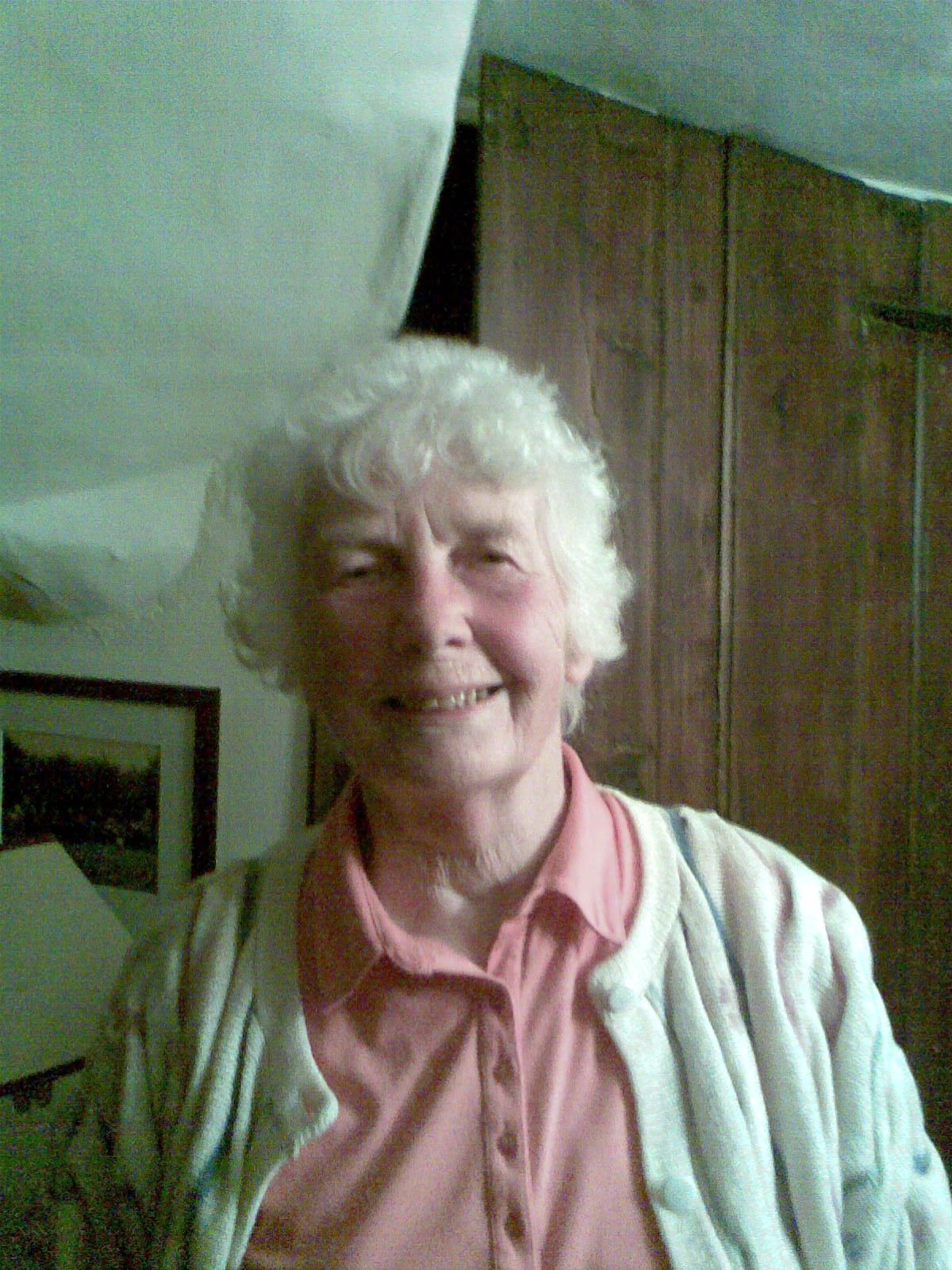I wrote previously about my experience of the Alexander technique and my teacher’s mantra “do less” which I found counter intuitive and exasperating ( I’m still not sure which tense to use! Past or present. Probably both!) In most other contexts we expect to do more, not less. To run further and faster. To climb higher peaks. To cycle more. All of which is fine as long as it’s fun and rewarding in some way. When all that follows from this expenditure of effort is some kind of injury – physical or psychical – then it’s time to wonder what’s going on. I still find it odd when my teacher wants to move my arm without my joining in. “ Do less, Terry” comes the injunction when I try to anticipate her movement of my arm or neck. (The image of one hand clapping always comes to my mind at this point.) So I learn to do less as she again demonstrates a better way of moving.
I spent much of my early years as an evangelical, charismatic christian. There were so many rules, spoken and unspoken. So many ways to find oneself “in sin”. One didn’t dare “do less” for, amongst other reasons, one’s perennial enemy, the Devil “… prowls around like a roaring lion, seeking whom he may devour.” (1 Peter 5:8) One meets so many devils seeking to devour us in so many unpleasant ways! I’ll add one more classic example of doing too much before moving on! When I lived in a christian community we met every morning at half past six for morning prayers, a bible reading and a metrical psalm (not to mention indigestion!) In an attempt to prove (to myself?) my commitment and devotion I would get up at five a.m. for my own Quiet Time before the main morning meeting. I well remember sitting at my desk, my head in my hands, more asleep than awake, trying to read my bible. “Do less” didn’t get a look in!
One of the questions my patients ask me most often is “What do I do?”. There is an expectation that therapy is “work” and should be accompanied by exercises, worksheets etc. My patients often look bemused when I tell them that there is nothing to do except to talk about themselves. Which they do and often remark that the time has gone quickly, or wonder “where that came from!” I almost hear my Alexander teacher saying “Do less”. Many erudite articles have been written about why psychotherapy works. It’s the relationship, as Gelso (2014) says.
The real relationship, defined psychodynamically, is “the personal relationship between therapist and patient marked by the extent to which each is genuine with the other and perceives/experiences the other in ways that benefit the other”. Or, in more straightforward terms, a baby at the breast is a very good picture for the process of therapy. The baby is nourished. It’s “programmed” to feed. The mother gives of herself and is rewarded by a fed baby. “All” the baby is doing is to feed. “All” the mother is doing is facilitate this feeding. In this way we grow into healthy human beings. In Alexander terms “all” I have to do is to allow my teacher to do the work. And to allow that my body memory will do the rest. So in therapy “all” the patient does is to talk and “all” the therapist does is to listen.
Don't give up









